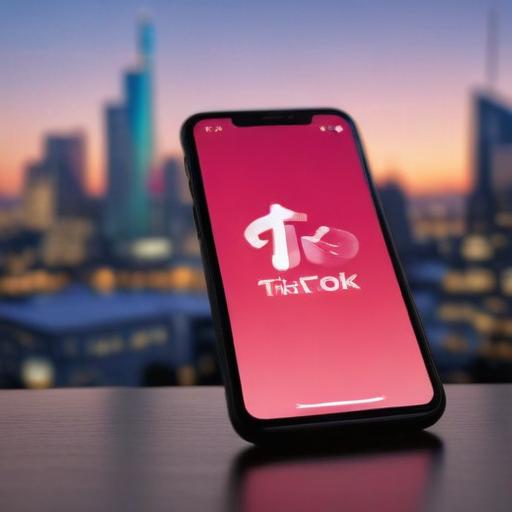President Trump has recently announced that he has identified a potential buyer for TikTok, the contentious Chinese-owned app that has been under scrutiny in the United States. However, the main challenge appears to lie with the seller: the Chinese government. Sources indicate that Beijing is leveraging TikTok in the ongoing trade negotiations with the Trump administration, as they seek to secure favorable terms before agreeing to any transaction.
Currently, there is no confirmed sale to American investors, which is necessary to comply with U.S. regulations that prohibit the app from operating domestically if it remains under Chinese ownership. Observers note that until Chinese President Xi Jinping is satisfied with the outcomes of trade discussions, any movement on a deal involving TikTok will likely be stalled.
While Trump stated on a recent Fox News appearance that a group of wealthy individuals is poised to purchase the app, insiders highlight that the negotiations have been complicated by Xi’s reluctance to prioritize TikTok in the larger context of trade talks.
Historically, a group of affluent investors had shown interest in acquiring TikTok’s U.S. operations before Trump’s trade war escalated the situation, which included significant tariffs on Chinese goods. Potential bidders for TikTok include tech giant Oracle, co-founded by Trump ally Larry Ellison, among other investors.
Despite the initial intention to ban TikTok, Trump has shifted his stance since the 2024 election, believing that the app played a key role in capturing the younger voter demographic crucial to his campaign. Recently, U.S. lawmakers, fearing potential privacy violations linked to the app, have taken steps to reinforce restrictions on TikTok, stipulating that it must cease operations in U.S. app stores unless the Chinese relinquish control.
As negotiations continue, the complexity of the deal remains compounded by the need for assurances from the Chinese government regarding data security and ongoing oversight. Any future agreements will still face skepticism from U.S. lawmakers, emphasizing the delicate balance between trade interests and national security.
It remains to be seen how the situation will evolve, but the unfolding discussions exemplify the intricate interplay between technology and geopolitics, reflecting broader tensions in U.S.-China relations. If a resolution can be reached, it might pave the way for more cooperative trade relations while addressing security concerns regarding consumer data.
